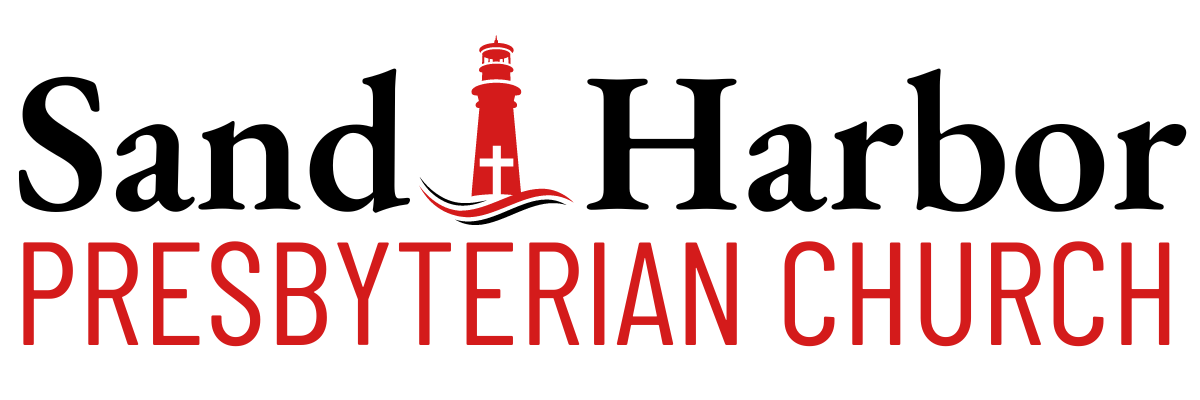The following is a helpful explanation from author Dave Harvey on why we, at Sand Harbor, are very intentional about having and functioning as a plurality of equal elders:
As we study the Scriptures, we see that a plural-leadership model is foundational for the local church. Plurality not only reflects the coequality, unity, and community expressed by the Trinity (2 Cor. 13:14; Eph. 4:4–6; 1 Pet. 1:2; Jude 20–21). It not only is the prominent and essential feature of New Testament church polity. But it also serves the church in at least six other ways:
Plurality embodies and expresses the New Testament principle of interdependence and the diversity of gifts among members of Christ’s body (Rom. 12:4–6; 1 Cor. 12).1
Plurality acknowledges human limitations by recognizing that no one elder or bishop can possess the full complement of gifts God intends to use to bless and build the church (1 Cor. 12:21). This approach, in fact, discourages narcissistic personalities who look to exercise unique and exclusive authority or control within a team.
Plurality creates a leadership structure where men must model the unity to which God calls the whole church (John 17:23; Rom. 15:5; Eph. 4:3, 13; Col. 3:14). Plurality calls forward timid leaders to share the weight of governing responsibility.
Plurality creates a community of care, support, and accountability that guards the calling, life, and doctrine of the leaders (1 Tim. 4:14, 16; Titus 1:6–9; James 5:16). Where plurality truly exists, pastors and elders remain appropriately engaged, loved, guided, and harnessed together.
Plurality provides a mechanism to deal wisely and collaboratively with the institutional necessities of the local church.
Finally, plurality contradicts the idea of a singular genius and replaces it with what the Bible calls an “abundance of counselors” (Prov. 11:14; 24:6; see also 15:22) who collaborate, lead, and guide the church together. This isn’t simply a clever constitutional maneuver. It’s a recognition of the New Testament pattern. According to the biblical authors, the authority for the local church was given to the entire eldership, not just to one gifted leader. In other words, the responsibility inheres in the group, not the man.
The strength, unity, and integrity of this shared leadership model infuse the church with durability for its mission and care. The church can’t afford to sidestep this vital issue. Plurality is God’s means of leading the church to fulfill its purpose, but it’s also a means of growing its leaders.
source: https://www.crossway.org/articles/6-purposes-for-plural-leadership/
